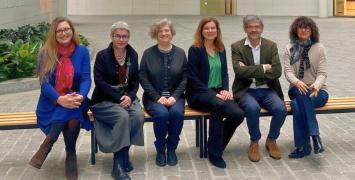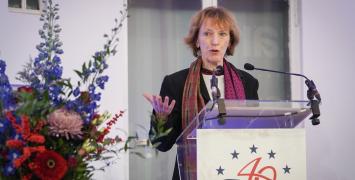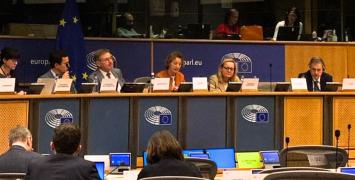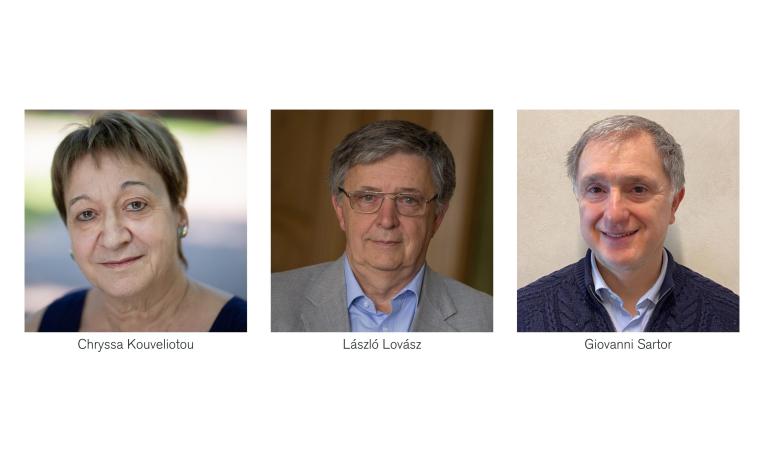
The European Commission has today appointed three eminent scientists as new members of the governing body of the European Research Council (ERC), the Scientific Council. They are appointed for an initial period of four years.
The three new members are
- Professor Chryssa Kouveliotou, professor at the George Washington University, Washington D.C., United States
- Professor László Lovász, professor emeritus at Eötvös Loránd University, Budapest, Hungary
- Professor Giovanni Sartor, professor at the University of Bologna and at the European University Institute, Florence, Italy
On this occasion, Mariya Gabriel, Commissioner for Innovation, Research, Culture, Education and Youth, said: "The ERC Scientific Council is composed of some of the most eminent European scientists and scholars to govern Europe’s premier frontier research funding organisation. I warmly welcome the three new members who bring outstanding scientific competence that will complement the expertise of the sitting members."
Maria Leptin, President of the ERC, said: “We very much look forward to welcoming the new members. This addition will ensure that the independent ERC Scientific Council with its leading researchers from all disciplines continues to represent the scientific community in Europe across the full breadth of research domains. The ERC’s winning formula remains - for scientists, by scientists.”
The new members have been selected by an independent Identification Committee, composed of six distinguished scientists appointed by the European Commission and chaired by Prof. Carl-Henrik Heldin. The selection process involved consultations with the scientific community.
The new Scientific Council members will replace Professors Margaret Buckingham, Michael Kramer and Barbara Romanowicz, whose mandates expired.
The ERC Scientific Council, composed of 22 distinguished scientists and scholars representing the European scientific community, is the independent governing body of the ERC. Its main role is setting the ERC strategy and selecting the peer review evaluators. It is chaired by ERC President Maria Leptin.
Biographies of the new Scientific Council members
Professor Chryssa Kouveliotou
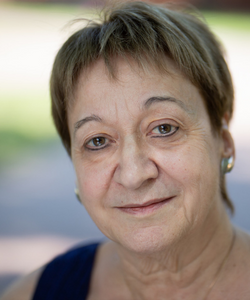
After obtaining her PhD Magna Cum Laude (1981) from the Technical University of Munich (Supervisor: Professor Klaus Pinkau), she joined University of Athens, Greece; she retired in 1994 and joined NASA’s Marshall Space Flight Center in Huntsville, Alabama. In 2002 she became a NASA civil servant and in 2013 a Senior Scientist of High-Energy Astrophysics (HEA). In 2015, she retired from NASA and joined George Washington University, as a full Professor in Astrophysics and since 2020 as Chair.
Since 2015 she leads the GW/Astrogroup of ~20 members (faculty and graduate students) in HEA research; her expertise is in X- and y-ray transients (e.g., y-ray bursts, magnetars). During her career she won multiple grants and has served in over 20 Ph.D. committees in the USA and internationally. She has >475 refereed publications with a Hirsh-index of 98 (ADS), and co-edited 3 books. She is one of the 249 most-cited space science researchers worldwide (having occupied at times the 6th, 8th, and 10th place) with a current total of 46,533 citations (ADS; refereed and non-refereed publications). In 2013 she chaired the roadmap team which produced the report “Enduring Quests-Daring Visions (NASA Astrophysics in the Next Three Decades”.
She has received multiple awards, including the Descartes, Rossi, and Heineman Prizes, and the NASA Exceptional Service Medal. She served as Councilor and Vice President of American Astronomical Society (AAS), president of the AAS/HEAD, APS/DAP, IAU/Division D, member Astrophysics Subcommittee of NASA Advisory Council, Executive Council of the NAS/Space Studies Board, the AAAS, and the Association of Universities for Research in Astronomy (AURA) Board.
She is a member of US National Academy of Sciences, and Academy of Arts and Sciences, a foreign member Royal Dutch Academy of Sciences, and a corresponding member Athens Academy, Greece. She has two honorary degrees (Universities of Amsterdam and Sussex). In 2015, she was decorated for excellence in science by the Greek Government as Commander of the Order of the Honor.
In 2021, she was awarded the Shaw Prize in Astrophysics (shared with V. Kaspi), often described as the Nobel of the East.
Professor László Lovász
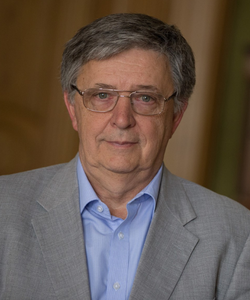
László Lovász was born on March 9, 1948 in Budapest, Hungary. He is married, has 4 children. He obtained his doctoral degree in mathematics from the professor emeritus at Eötvös Loránd University in Budapest, Hungary in 1971. He is a member of the Hungarian Academy of Sciences, the US National Academy of Sciences and several other Academies.
He held the Chair of Geometry at the University of Szeged (1975-1982) and the Chair of Computer Science at the Eötvös Loránd University (Budapest, 1983-1993). He was A.D. White Professor-at-Large at Cornell University (1982-1987), Professor of Mathematics and Computer Science at Yale University (1993-1999), Senior/Principal Researcher at Microsoft Research (1999-2006), Director of the Mathematical Institute of the Eötvös Loránd University (2006-2011), and President of the Hungarian Academy of Sciences (2014-2020). Currently he is a Research Professor at the Alfréd Rényi Institute of Mathematics.
His awards include the George Pólya Prize (1979), the Ray D. Fulkerson Prize (1982,2012), the Wolf Prize (1999), the Gödel Prize (2001), the Kyoto Prize (2010) and the Abel Prize (2021). He is editor-in-chief of Combinatorica and editor of 10 other Journals.
His field of research is discrete mathematics, its applications to the theory theory of computing, and its interactions with classical mathematics. He wrote 5 research monographs and 4 textbooks, and over 300 research papers.
Professor Giovanni Sartor
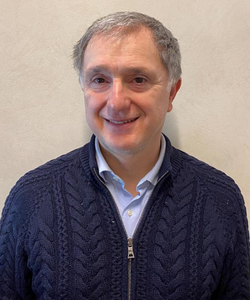
Giovanni Sartor has worked on law, philosophy, computing and on their combination.
He has contributed to establish the domain of artificial intelligence and law, developing various ideas and models on legal reasoning and knowledge representation. He has worked on defeasible reasoning, computational argumentation, theory construction, logic programming, action and deontic logic, machine learning, and the history of legal thinking. His work has had a substantial impact on legal theory, bridging the gap between the law and computer science. He has also contributed to information and technology law, addressing legal issues pertaining to data protection, consumer protection, contracts, liability and artificial intelligence.
He obtained a degree in law and a master in computing from the University of Bologna and a PhD at the European University Institute of Florence. He was a researcher at the Italian National Council of Research, held the chair in Jurisprudence at the Queens University of Belfast, and a Marie Curie chair in Legal Theory and Legal informatics at the European University Institute. He is currently professor in legal informatics at the university of Bologna and part-time professor in Legal informatics and Legal Theory at the European University Institute. He has published widely on artificial intelligence and law, computational logic, legal theory/philosophy, and information technology law.
He has been president of the International Association for Artificial Intelligence and Law and is currently co-editor in chief of the Artificial intelligence and Law journal. He is member of the editorial committee of Ratio Juris, Probability and Risk and other journals in legal theory and legal informatics.
He has participated in many national and European research project. He is Principal Investigator for the ERC Advanced project CompuLaw, which focuses on the relation between legal norms and computable specifications.
About the ERC
The ERC, set up by the European Union in 2007, is the premier European funding organisation for excellent frontier research. It funds creative researchers of any nationality and age, to run projects based across Europe. The ERC offers four main grant schemes: Starting Grants, Consolidator Grants, Advanced Grants and Synergy Grants.
The ERC is led by an independent governing body, the Scientific Council. Since 1 November 2021, Maria Leptin is the President of the ERC. The overall ERC budget from 2021 to 2027 is more than €16 billion, as part of the Horizon Europe programme, under the responsibility of the European Commissioner for Innovation, Research, Culture, Education and Youth, Mariya Gabriel.

